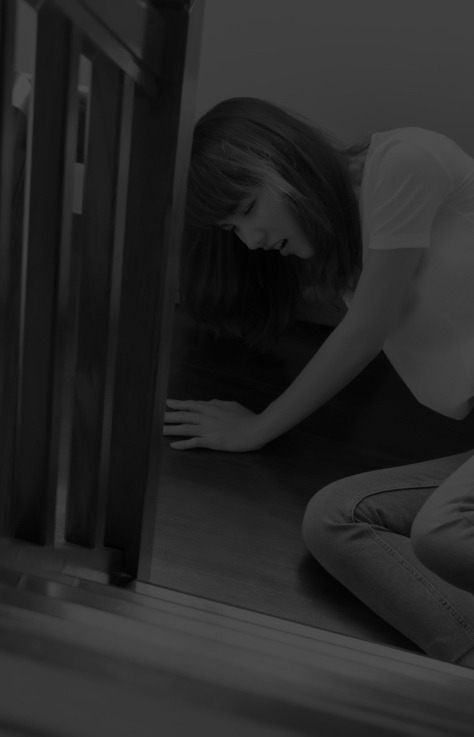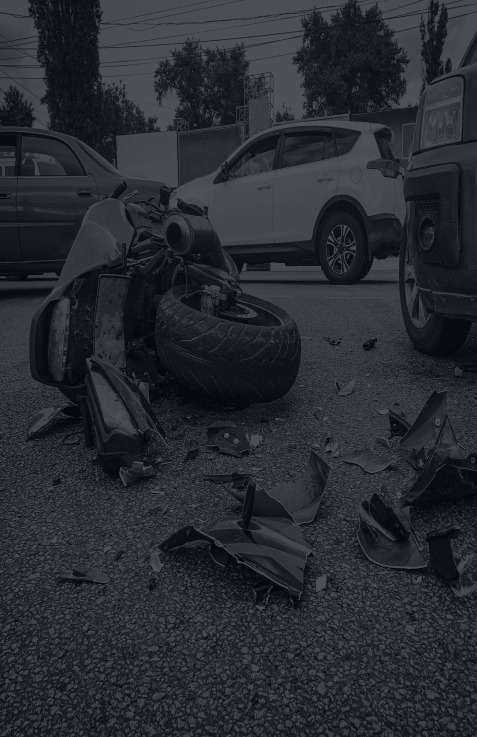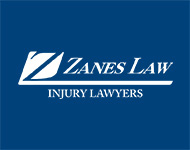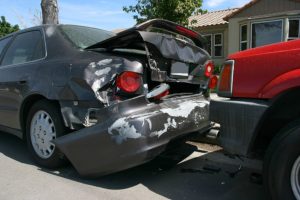Behind the Scenes with the Litigation Department- Zanes Law Personal…
If you’ve been following the Zanes Law Blog at all, you know we have a mini behind the scenes series happening with all of our departments and today’s post ends that ...
READ MORE![]() Contact Us (866) 499-8989
Contact Us (866) 499-8989
When you hire us, you're adding unmatched experience to your team, ensuring you get the best possible outcome.
Our firm maintains an impressive 99% win rate, even while accepting difficult cases other law firms have turned away.
We are not afraid of trial, and insurance companies know this. If it’s in your best interest, we are always trial ready.

No one ever expects to be involved in a car accident, suffer an injury, or need to begin looking for a Phoenix car accident attorney.

With the help of a Phoenix wrongful death lawyer, you should receive compensation for your losses.

When you are hurt in an accident, our Phoenix slip and fall lawyers are only a phone call away.

Our motorcycle accident lawyers in Phoenix understand how dangerous it can be to ride a bike. So much so that we have created safety articles for years.





Defendants responsible for putting defective products into the hands of consumers are not automatically responsible for a plaintiff’s injuries. Arizona law shields them from liability in certain circumstances. For example, if a plaintiff is alleging a design or manufacturing defect, but the process was the best that was available at the time the item was produced, the manufacturer could assert a state-of-the-art defense and might avoid liability.
Defendants might also argue that a product was altered when the consumer used or installed it, and they could escape liability if they can prove that the product was not in the same condition as it was when it left the factory at the time of the incident.
Similarly, a defendant might argue that the consumer misused the product, and their misuse caused their injury. However, defendants must ensure their products are safe for use in any way that they might reasonably anticipate. A defendant who asserts they are not liable due to plaintiff misuse must prove that they could not have anticipated someone might use the product in that specific way.
The damages available in product liability cases are the same as in any personal injury case. The defendant is responsible for compensating all the losses the plaintiff suffered because of their injury, but the plaintiff must provide the necessary evidence to establish their damages.
A plaintiff could collect economic damages like medical expenses, lost wages, and costs of obtaining household help to provide services they are unable to complete as a result of their injury. This requires a plaintiff to produce proof of payment for these expenses, such as receipts, invoices, bank statements, or similar documentation. The plaintiff could also submit W2s, tax returns, or pay stubs to establish the amount of income they lost due to their injury.
If the plaintiff’s injury requires ongoing medical treatment or will diminish their future earning capacity, a Glendale product liability attorney could hire experts to make projections about the amount of future losses. These projections could be the basis for a demand for damages to cover these future expenses.
Defendants are also responsible for compensating a plaintiff for their subjective losses. These might include mental anguish, disfigurement, disability, diminished ability to participate in pleasurable activities, and other losses. Plaintiffs could prove these non-economic damages through their testimony and the testimony of others.
Defendants often raise the plaintiff’s own conduct as a defense to product liability claims, and there are some cases in which a plaintiff’s negligence did have a role in their accident and injury. However, Arizona Consolidated Statutes §12-2505 allows a negligent plaintiff to still collect damages from other parties.
If a plaintiff’s negligence contributed to their injuries, a judge will determine how much responsibility they should bear for the accident. The plaintiff could still collect damages, but the judge will subtract a percentage that reflects the plaintiff’s apportioned fault.
Defective product claims can be complex, and you need a diligent advocate who will put in the effort to ensure that you present a strong case. A Glendale product liability lawyer has the knowledge and experience you need to obtain a fair settlement.
Injured people must act within two years or they lose their right to bring a lawsuit, so schedule a case review as soon as possible. Contact us today to learn more about your legal options and get started on your case.

If you’ve been following the Zanes Law Blog at all, you know we have a mini behind the scenes series happening with all of our departments and today’s post ends that ...
READ MORE
While it may seem like there is endless space on the roads in the Valley, traffic in the Phoenix area has grown far worse since the turn of the century. The area is growi...
READ MORE